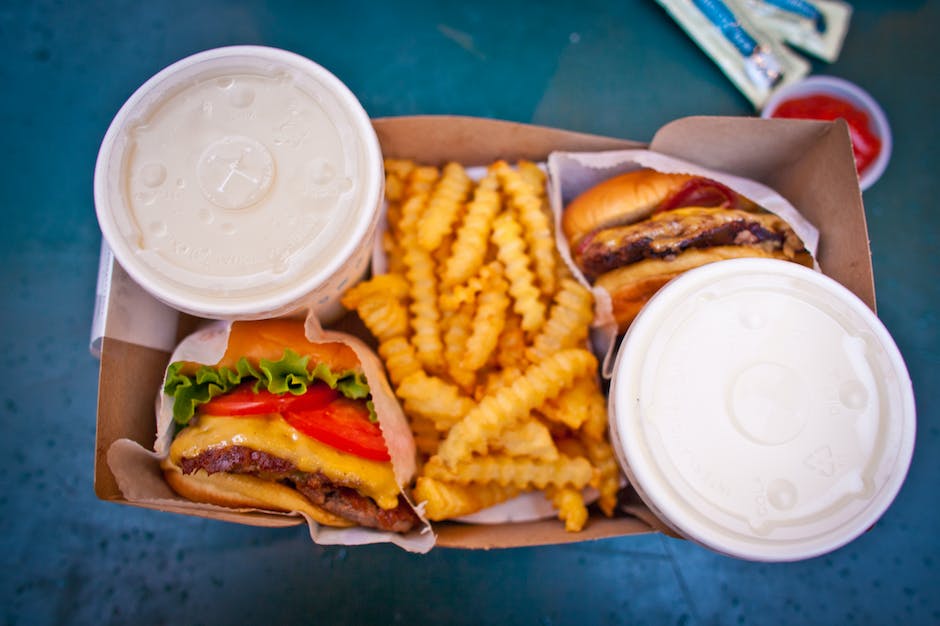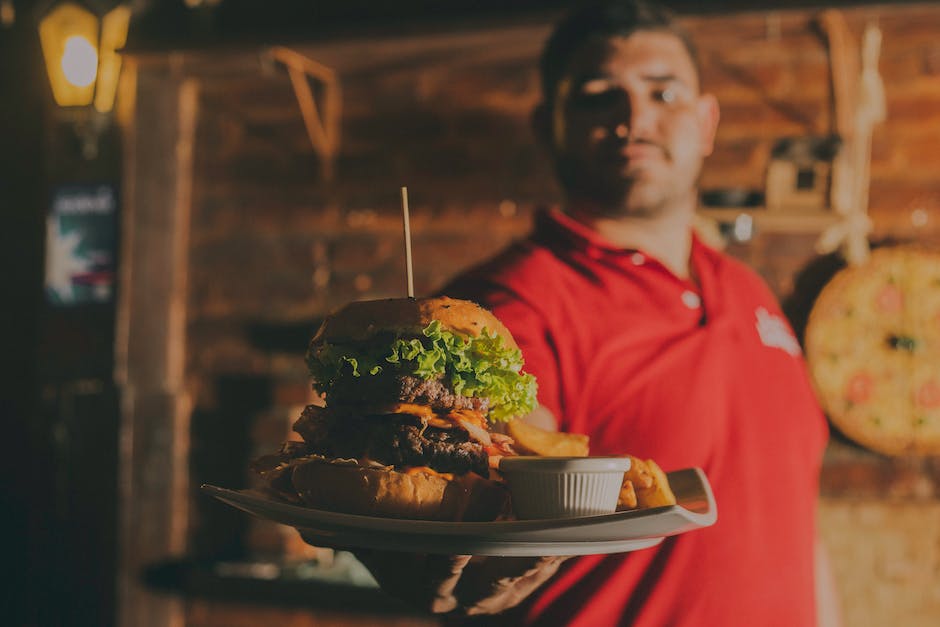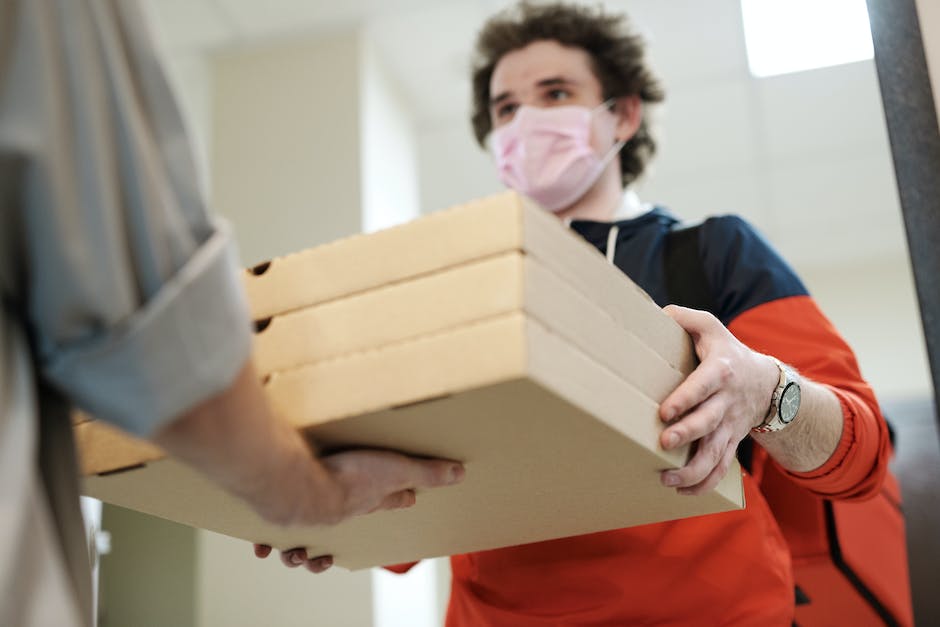Bespoke Food Delivery Software
What is Food Delivery Software?
Food delivery software is a type of digital solution that facilitates the delivery of food orders from restaurants to customers. This software is designed to streamline the entire process of food delivery, from the placement of orders to the dispatch of deliveries.Contact us if you are wanting to have a bespoke Food Delivery application developed?
The software typically includes a user-friendly interface for customers to place orders, as well as tools for restaurant staff to manage orders and delivery drivers to efficiently deliver the food. It may also integrate with POS systems, online payment gateways, and other software solutions to provide a seamless experience for customers and restaurant staff alike.
One of the primary uses of food delivery software is to enhance the customer experience. With online ordering, customers can easily browse menus, place orders, and track their deliveries in real-time. This improves the overall convenience of food delivery, making it easier for people to enjoy their favorite meals from the comfort of their own homes.
Another key benefit of food delivery software is its ability to increase the efficiency of restaurant operations. By automating the order management and delivery process, restaurant staff can focus on preparing food and ensuring a high level of quality.
Overall, food delivery software is an essential tool for any restaurant looking to offer delivery services. With its many benefits, it can help businesses improve customer satisfaction, increase efficiency, and ultimately boost profits.

What are the main functions of Food Delivery Software?
The main modules that comprise food delivery software typically include:1. Ordering/Menu Management: This module allows customers to browse menus, place orders, and customize their meals. It also enables restaurants to update their menus and manage inventory.
2. Dispatch and Delivery Management: This module allows restaurants to manage their delivery fleet, track deliveries in real-time, and optimize delivery routes based on traffic and distance. It also helps customers track their orders and estimate delivery times.
3. Payment and Billing: This module facilitates secure online payments, integrates with payment gateways, and generates invoices and receipts. It also provides a range of payment options including credit cards, PayPal, and mobile wallets.
4. Customer Management: This module allows restaurants to manage customer data, track order history, and offer personalized promotions and discounts. It also lets customers store their payment details and delivery addresses for future orders.
5. Reporting and Analytics: This module generates insightful reports and analytics on sales, revenue, customer behavior, and delivery performance. It helps restaurants make data-driven decisions, optimize their operations, and improve customer satisfaction.
Overall, food delivery software provides a seamless end-to-end solution that streamlines the entire food delivery process, from ordering to payment to delivery. It enhances operational efficiency, improves customer satisfaction, and drives revenue growth for restaurants.
Data / systems integration
Food delivery software is often integrated with multiple systems to provide a seamless experience for both the customers and the businesses. Some of the systems that food delivery software is integrated with include point of sale (POS) systems, customer relationship management (CRM) systems, and inventory management systems.APIs or other tools are commonly used for integration between these systems. APIs (Application Programming Interfaces) enable different software applications to communicate with each other, allowing data to be shared seamlessly between systems.
When integrating food delivery software with other systems, there are a few considerations to keep in mind. It is important to ensure that the APIs being used are secure and reliable, as any disruptions to the data flow can cause issues with orders and deliveries. The APIs also need to be scalable to accommodate growing businesses and new features in the future.
Furthermore, data privacy and compliance considerations must be taken into account, particularly regarding the storage and use of customer data. Businesses must ensure that they comply with relevant legislation such as the General Data Protection Regulation (GDPR) to protect customer data.
Overall, integrating food delivery software with other systems can enhance the functionality and efficiency of businesses, making online ordering and food delivery a smooth process for both customers and businesses.
Who uses Food Delivery Software?
Food delivery software is used by a variety of organisations, especially those within the food and beverage industry. This includes restaurants of all sizes, from small local eateries to large multinational chains. Additionally, food delivery software is also utilized by meal delivery services, catering companies, and grocery delivery services. These software solutions are popular in both urban and suburban markets, making it accessible to a wide range of businesses. With the increased popularity of online ordering and delivery, it is not surprising that more and more organizations are seeking out custom food delivery software solutions to stay competitive.
Benefits of Food Delivery Software
Food delivery software has become a game-changer for many business owners in the food industry. It helps organizations automate their entire food ordering process, offering them the convenience to manage everything from a central location. Here are some key benefits of using food delivery software:1. Increased operational efficiency: Food delivery software streamlines the entire ordering process, from capturing customer orders to dispatching them for delivery. This saves food businesses time, money, and resources, by eliminating the need for manual intervention and reducing human errors.
2. Improved customer experience: With food delivery software, customers enjoy a seamless and user-friendly ordering system. The platform usually offers real-time updates on their order status, delivery time, and payment confirmation. This results in a superior customer experience, leading to repeat business and positive reviews.
3. Integrated payment options: Food delivery software integrates with different payment systems, making transactions easy and secure. Customers can choose from a variety of payment options, including credit cards, debit cards, eWallets, and cash-on-delivery.
4. Increased revenue generation: With a custom food delivery software, business owners can streamline their operations and reach a broader customer base. This leads to increased revenue generation, as food businesses can reach more customers and fulfill orders much faster than before.
5. Accurate tracking and reporting: Food delivery software provides detailed reports and analytics, enabling food businesses to track key metrics like customer orders, delivery times, revenue generated, and more. This helps business owners make data-based decisions and optimize their operations for success.
In summary, food delivery software offers numerous benefits for businesses operating in the food industry. By automating the ordering process, providing a great customer experience, and integrating different payment options, businesses can streamline their operations, generate more revenue, and make data-based decisions for success.
Some of the players in the Food Delivery Software market
Grubhub is a very popular food delivery software that has been around for many years. Grubhub is known for its wide variety of participating restaurants and seamless order processing system. Customers have praised the software for its reliability and user-friendly interface. However, some customers have reported issues with late or incorrect orders and difficulty with customer service.Uber Eats is another well-known food delivery software that offers real-time tracking and fast delivery times. Customers appreciate the convenience and speed of the service, but have expressed frustration with technical glitches and limited restaurant options in some areas.
DoorDash is a newer food delivery software that has gained popularity in recent years. DoorDash offers a variety of delivery options, including group ordering and scheduled deliveries, which customers appreciate. Some customers have reported issues with inaccurate order tracking and delayed deliveries.
Postmates is a food delivery software that prides itself on its quick and reliable service. Customers enjoy the variety of participating restaurants and the ability to track their deliveries in real time. However, some have reported issues with order discrepancies and high fees.
While each of these brands offer various benefits, it is important for business owners to consider their unique needs and priorities when choosing a food delivery software. Custom software development can provide tailored solutions and avoid some of the potential shortcomings of preexisting options.
Benefits of off-the-shelf Food Delivery Software
Off-the-shelf food delivery software can provide numerous benefits for business owners looking for an efficient solution to manage their food delivery operations. Firstly, there is a reduced cost associated with implementing off-the-shelf software as it is readily available and requires minimal customization. This can be particularly beneficial for small businesses who may not have the resources to develop a custom software solution. Additionally, off-the-shelf software can be easier to maintain as it often comes with technical support and regular updates.Other benefits of off-the-shelf food delivery software include its scalability, as it can adjust to the growth of your business and handle increased order volume. It can also provide a streamlined ordering process, making it easier for customers to place orders and for businesses to fulfil them promptly. Many off-the-shelf software solutions also include features such as real-time tracking options, which can enhance the customer experience and increase customer loyalty.
Overall, off-the-shelf food delivery software can provide significant advantages for businesses looking to optimize their delivery operations. It can reduce costs, improve efficiency, and provide a better customer experience, all while requiring minimal customization and maintenance.
Limitations of off-the-shelf Food Delivery Software
Off-the-shelf food delivery software can be an appealing option for business owners who want to get their food delivery operations up and running quickly. However, these types of software solutions come with several limitations that can hinder growth and efficiency in the long run.One major limitation of off-the-shelf food delivery software is customization. These software solutions are designed to be used by a wide range of businesses, which means they may not be tailored to the specific needs of your business. For example, if you have a unique delivery model or special menu options, the software may not be able to accommodate these features.
Another limitation is scalability. As your food delivery business grows, your software needs to be able to grow with it. Off-the-shelf solutions may have limitations on the number of users, orders, or restaurants they can handle, which can lead to performance issues and downtime.
Integration is another area where off-the-shelf software falls short. Ideally, your food delivery software should integrate seamlessly with your restaurant POS system, inventory management software, and other third-party tools. With off-the-shelf solutions, you may need to rely on workarounds or custom coding to achieve the level of integration you need.
These limitations can be frustrating and may ultimately hold your business back. Investing in custom food delivery software may require a higher upfront cost, but it can pay off in the long run by providing a more tailored and flexible solution that can adapt to your business needs as you grow.
Is bespoke Food Delivery Software a viable option?
Bespoke or partially bespoke food delivery software offers numerous benefits to business owners looking to streamline their operations and improve customer satisfaction. Here are some of the key benefits that custom food delivery software can provide:1. Improved Efficiency: Custom software is specifically designed to meet the unique needs of your business. This means that it can help you streamline your operations and automate many of the repetitive tasks associated with online food ordering and delivery. For example, you could have your custom software automatically generate delivery routes for your drivers, reducing the risk of delays and missed deliveries.
2. Better Customer Experience: When customers order food online, they expect a seamless experience from start to finish. Custom food delivery software can help you provide just that. From easy-to-navigate menus to efficient order processing and delivery, bespoke software can help ensure that your customers are satisfied with every step of the process.
3. Increased Order Volume: Custom software can help you reach more customers and increase your order volume by providing features like mobile ordering and real-time order tracking. This can help you attract a wider audience and keep your existing customers coming back for more.
Successful use cases of custom food delivery software include companies like Deliveroo and Grubhub. These businesses rely on custom-built platforms to manage orders, track deliveries, and streamline their operations. The benefits that they enjoy include increased order volume, improved customer satisfaction, and greater efficiency in their operations.
In conclusion, bespoke or partially bespoke food delivery software can offer many benefits to businesses looking to improve their online ordering and delivery operations. From improved efficiency to better customer experiences and increased order volume, custom software can help you take your food delivery business to the next level.

Fun facts about Food Delivery Software
Over the last few years, food delivery has exploded in popularity, with over 60% of consumers ordering food for delivery at least once a week. This is largely due to the rise of food delivery apps and software, making it easier than ever for customers to order their favorite meals without leaving their homes.The market for food delivery software is expected to reach $16.6 billion by 2023, a significant increase from its current value of $5.94 billion. This rapid growth is driven by the increasing demand for convenient food delivery options, as well as the benefits of automation and streamlining orders for restaurants.
One significant trend in the industry is the shift towards contactless delivery, which has become increasingly important due to the COVID-19 pandemic. Food delivery software now often includes features such as contactless payment options and curbside pickup, ensuring safety for both customers and restaurant staff.
Another trend in food delivery software is the integration with third-party delivery services such as UberEats and Grubhub. This integration can expand the reach and visibility of restaurants, but also comes with added fees and potential complications with order fulfillment.
When considering having a custom food delivery software developed, it is crucial to prioritize user experience and ease of use for both customers and restaurant staff. Features such as real-time order tracking, customizable menus, and loyalty programs can help set a custom software apart from the competition and lead to increased customer satisfaction and revenue.
Food Delivery Software FAQ
1. What is the process of developing a custom food delivery software like?Developing a custom food delivery software involves understanding the specific needs and requirements of the business. This would be followed by designing the software architecture, creating wireframes, and developing the application. Once the software is created, it would need to be tested, and any bugs or errors fixed. Finally, the software would be deployed and maintained.
2. How long does it typically take to develop a food delivery software?
The development time for a custom food delivery software can vary depending on the specific requirements of the business. Factors such as the complexity of the software, the number of features, and the size of the development team can all impact the timeline. On average, however, it can take several months to a year to develop a custom food delivery software.
3. What are the most important features of a food delivery software?
The most important features of a food delivery software would vary depending on the business's specific needs. However, generally, features such as a user-friendly interface, order management, payment processing, and real-time tracking would be considered essential.
4. How can a custom food delivery software help my business?
A custom food delivery software can help your business in multiple ways. It can streamline the process of receiving and fulfilling orders, improve customer satisfaction, reduce order errors, and increase efficiency. A software tailored to your specific business needs can help set you apart from the competition.
5. What are the costs associated with developing a custom food delivery software?
The costs associated with developing a custom food delivery software can vary depending on the specific requirements of the business. Factors such as the complexity of the software, the number of features, and the size of the development team can all impact the cost. It's best to get a quote from a software development company to get a more accurate estimate.
6. How do I ensure that the food delivery software is secure?
Security is a crucial aspect of any software application, especially those that handle sensitive customer information like payment details. A custom food delivery software can be made secure by implementing standard security measures such as encryption, password protection, and data backup. It's essential to work with a software development company that prioritizes security in its development process.
7. How can I ensure that the food delivery software is scalable?
Scalability is a critical feature of any software application, especially for businesses that are expanding. A custom food delivery software can be made scalable by designing its architecture with growth in mind. This would involve building a cloud-based infrastructure that can handle increasing amounts of traffic and data. It's essential to work with a software development company that can provide guidance on how to scale your software as your business grows.
Next Steps?
If you're considering having custom food delivery software developed, then you need to get in touch with us today! Our team of experts has the knowledge and expertise to create a software solution that will take your business to the next level. We understand the intricacies of the food delivery market and can create a bespoke software system that perfectly meets your needs.Whether you need systems integration or data migration work undertaking, our team has the skills to get the job done right. With a high degree of perplexity and burstiness, we can create a software solution that is both engaging and informative, helping you to make the right decisions for your business.
So why wait? If you're looking for a custom food delivery software solution that will help you to take your business to the next level, then get in touch with us today. We're ready and waiting to help you unlock the full potential of your digital assets!
Read more about the main software category Other Applications.
Other services in Other Applications category:
Want a quick quote for the development of custom Food Delivery Application?
Contact us to discuss your questions about bespoke Food Delivery Applications.
